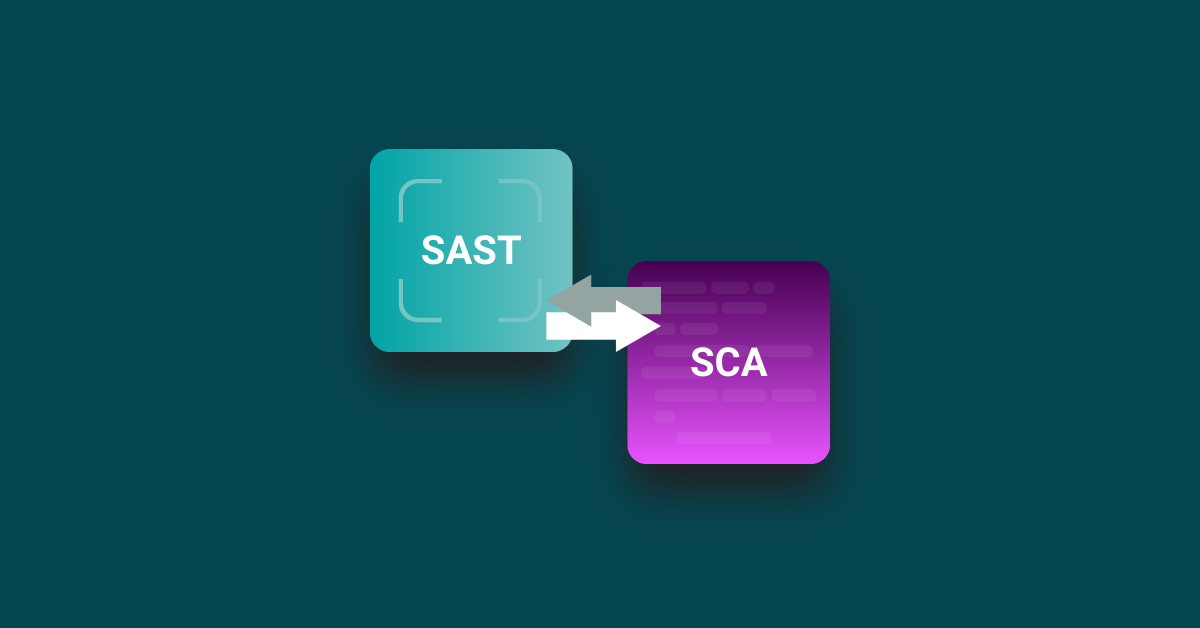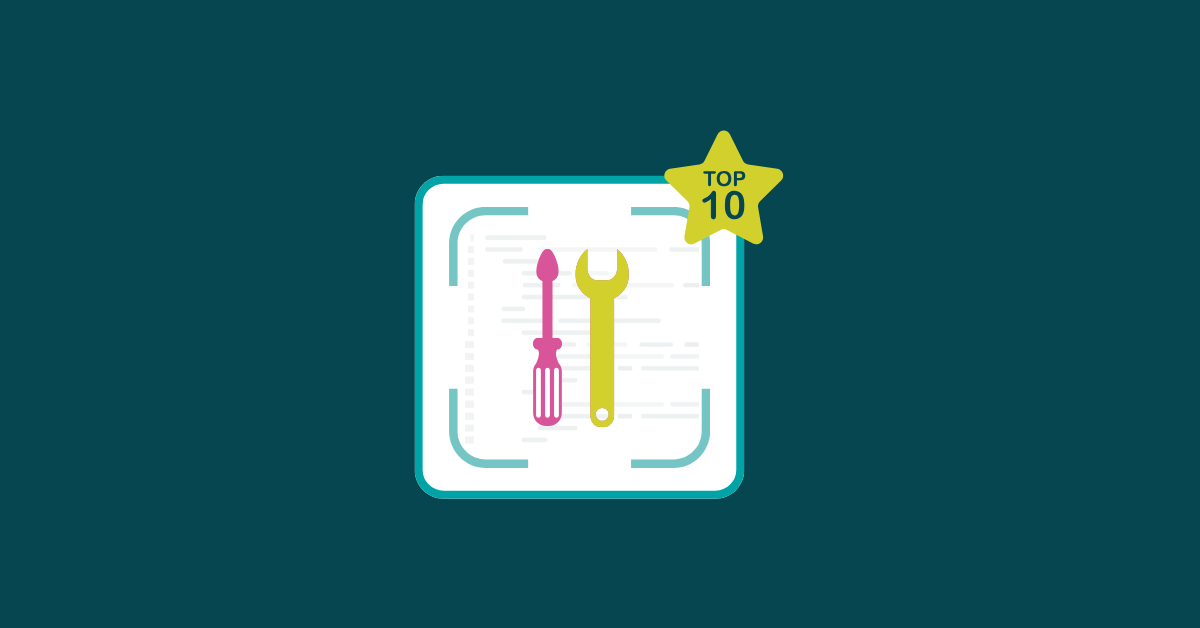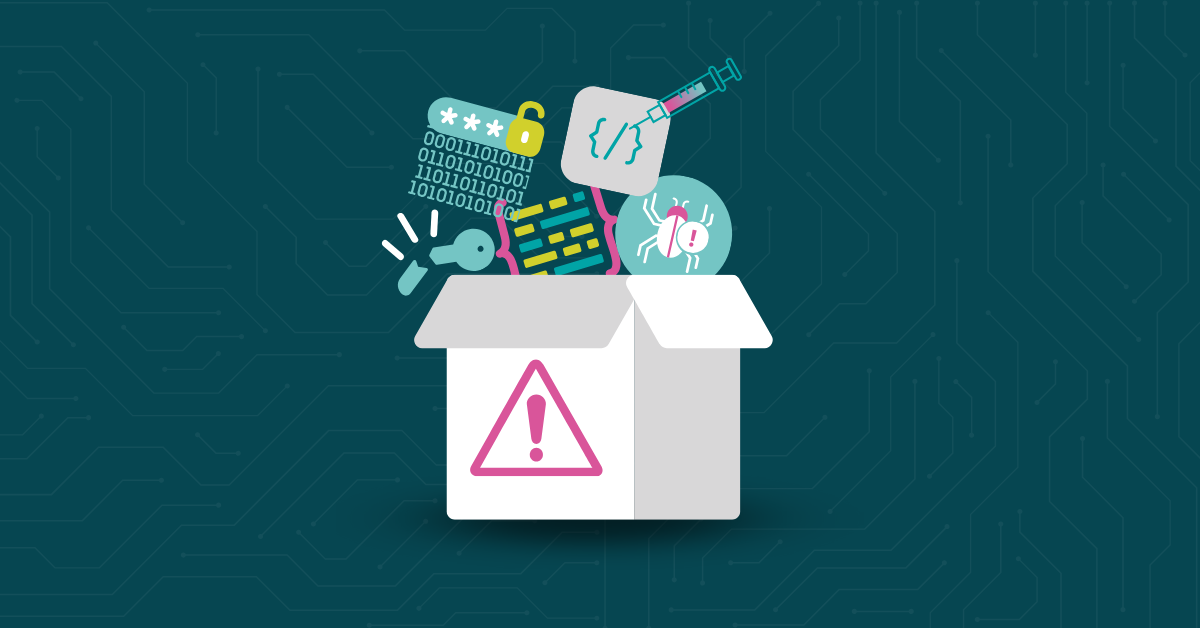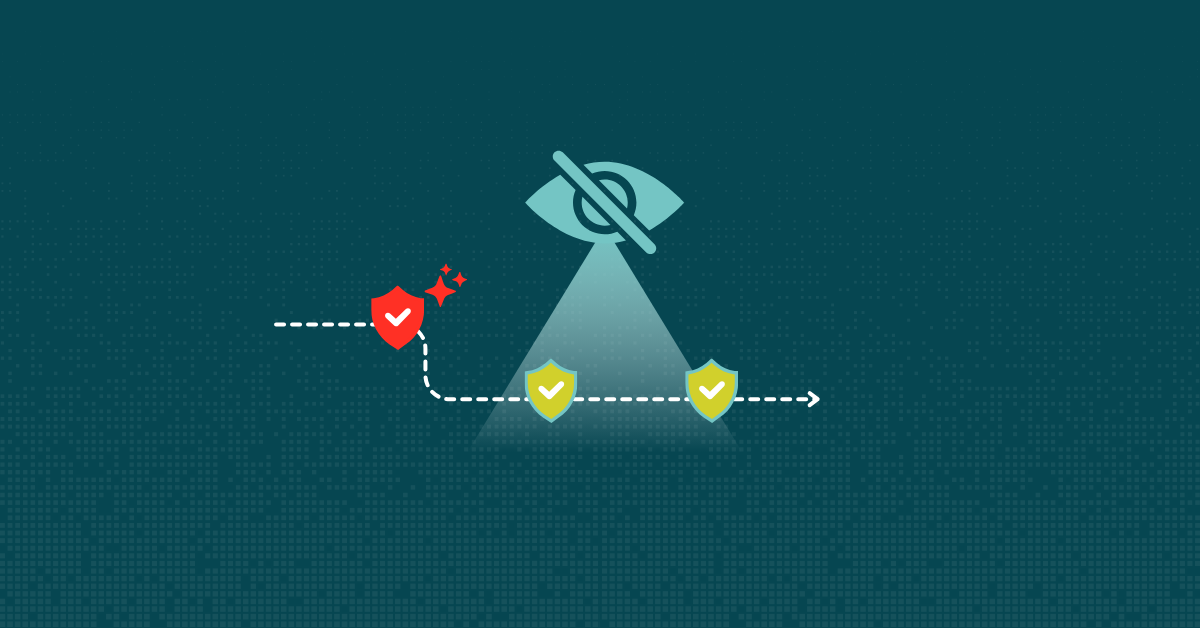

Modern applications often rely on layers of open-source code, sometimes with hundreds of dependencies. While open-source components accelerate development, they can also introduce security, compliance, and maintenance risks if they aren’t continuously monitored and managed.
Software composition analysis (SCA) tools help teams identify vulnerabilities, monitor component health, manage software licenses, and maintain compliance throughout the software development lifecycle. As DevSecOps practices become more widely adopted, SCA has become a foundational part of securing the software supply chain.
In this guide, we compare ten leading software composition analysis tools (both commercial and open-source) based on essential functionality such as vulnerability detection, license risk management, SBOM generation, CI/CD integration, and more. We’ll also explore how Kiuwan’s built-in SCA capabilities allow teams to scan both open-source and proprietary code in a single platform, without interrupting development workflows.
The right SCA tool depends on your team’s workflows, language stack, and risk tolerance, but here are some core capabilities to consider:
Language coverage: Support for all major programming languages and frameworks
While several options on this list include both SCA and static application security testing (SAST) tools, Kiuwan stands out for delivering them in one truly integrated platform. Its unified approach lets teams scan proprietary and open-source code side-by-side, without context switching, tool juggling, or siloed results.
Unlike fragmented security stacks that require stitching together multiple tools, Kiuwan provides end-to-end visibility across proprietary and open-source codebases — all from a single platform.
This seamless integration allows security and development teams to scan both custom code and third-party components across the entire codebase without disrupting workflows or duplicating effort. For organizations embracing DevSecOps, Kiuwan helps shift security left while maintaining the speed and autonomy developers expect.
Security-focused teams that want a single platform to handle both proprietary code scanning and open-source risk without slowing developers down.
Considered a pioneer in SCA, Black Duck is widely adopted by enterprise teams looking for deep vulnerability scanning and policy enforcement. It integrates with CI/CD pipelines and includes governance tools for managing risk across large portfolios.
Enterprises with complex supply chains need thorough governance and audit-ready reporting.
Snyk is known for its developer-friendly approach to security. Its SCA tool integrates with Git repos, IDEs, and CI/CD tools to provide real-time vulnerability detection and automatic fix PRs.
Developer-led teams that prioritize speed, ease of use, and fast remediation over traditional security workflows.
Mend SCA is a long-standing SCA tool with enterprise-grade features for risk management and remediation. It integrates with multiple development and security tools.
Security-conscious dev teams that want to automate license risk management and receive fast patch recommendations.
Checkmarx SCA helps organizations manage open-source risk with detailed insights into vulnerabilities, license compliance, and software supply chain health.
Organizations already using Checkmarx for static analysis that want a consolidated view of code and component risks.
Sonatype focuses on precision and speed in identifying vulnerable components. It offers lifecycle management features to track component health and enforce policies.
Enterprises with a strong DevOps culture that want full lifecycle visibility and enforcement for open-source components.
Part of the JFrog DevOps platform, JFrog Xray provides deep scanning of binaries and containers. It supports a wide array of package types and integrates tightly with JFrog Artifactory.
Teams already using the JFrog ecosystem or looking to manage binaries, containers, and packages from a central hub.
FOSSA helps teams manage security, license compliance, and quality across all third-party code. It provides detailed insights into license obligations, violations, and enforcement options with audit-grade reporting.
Startups and mid-size teams looking for a flexible, license-first option with compliance dashboards.
Jit is a security-as-code platform that integrates SCA alongside other tools in a single workflow. Its AI-powered scanner is built for speed and simplicity in modern cloud-native environments.
Jit is a security-as-code platform that integrates SCA alongside other tools in a single workflow. Its AI-powered scanner is built for speed and simplicity in modern cloud-native environments.
Startups and cloud-native teams seeking lightweight, zero-friction security tooling directly in their dev pipeline.
OSS Review Toolkit is an open-source framework designed to help teams analyze and verify the compliance of their software dependencies, with an emphasis on transparency and extensibility.
Organizations who already have in-house security engineering teams, but are looking for a free, fully extensible framework.
Choosing the right software composition analysis tool depends on your team’s needs, whether that’s deep vulnerability coverage, license risk management, or easy CI/CD integration. The ideal solution fits into your workflow while giving you the visibility and control to secure your software supply chain at every stage.
Kiuwan offers both SCA and SAST in a single, unified platform, enabling teams to manage open-source risk and proprietary code security side by side. With built-in license enforcement, SBOM generation, and CI/CD integration, Kiuwan Insights helps you build a scalable AppSec workflow without slowing down development. Request a free trial to see how Kiuwan can streamline your AppSec strategy today!


